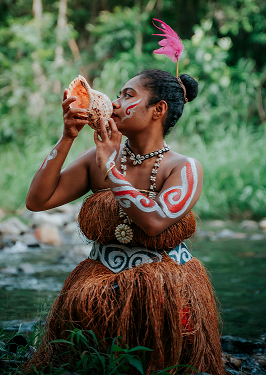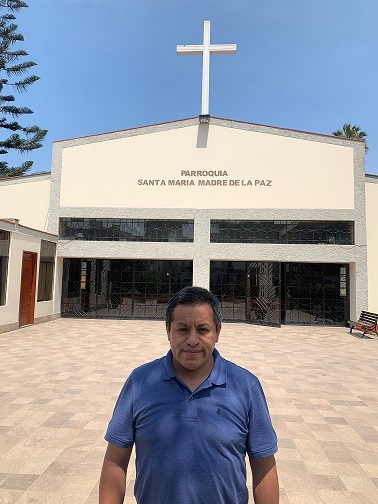International Indigenous Peoples Day is celebrated worldwide on August 9. There are around 476 million Indigenous people living in a total of 90 countries. These peoples make up around 6% of the world’s population, yet they are among the most disadvantaged and vulnerable populations, representing at least 15% of the world’s poorest people.
We need Indigenous Peoples to achieve a better world
Indigenous Peoples have inherited and practice unique cultures and ways of relating to people and the environment. In addition, they retain social, cultural, economic, and political characteristics that are distinct from those prevalent in the societies in which they live.
Despite their cultural differences, Indigenous Peoples around the world share common problems when it comes to protecting their rights as distinct populations.
Indigenous peoples have sought recognition of their identities, their way of life, and their rights to their traditional territories and natural resources for years.
Despite this, throughout history, their rights have always been violated. Today, they are undoubtedly among the most disadvantaged populations in the world. The international community now recognizes that special measures are needed to protect their rights and preserve both their cultures and their ways of life.
To raise awareness of their needs, August 9 is celebrated as International Day of the World’s Indigenous Peoples in recognition of the first United Nations working meeting on indigenous peoples, which took place in Geneva in 1982.
Indigenous communities: guardians of the Marañón River in Peru
In a historic decision, the Mixed Court of the city of Nauta (Loreto, Peru) ruled in March 2025 that the Marañón River, one of the country’s most important rivers and the primary source of the Amazon, has intrinsic value and is recognized as a subject of rights, codifying a series of inherent rights.
This victory is the culmination of efforts led by the Huaynakana Kamatahuara Kana Federation, a group of indigenous Kukama women based in the district of Parinari, in the province and region of Loreto. Since 2021, they have led a legal battle against the Peruvian state and authorities, demanding protection for the Marañón River from constant oil spills from the northern Peruvian pipeline operated by Petroperú. The communities that make up this federation continue to deal with the aftermath of the 2010 Saramuro oil spill.
The headwaters of the Marañón River are located high in the Andes mountains range, before the river flows through the Andean valley to become one of the main sources of the Amazon River. The river has been affected by more than 60 oil spills caused by the North Peruvian Pipeline between 1997 and 2019. In addition, it is harmed by the impacts of infrastructure projects, such as hydroelectric dams and the Amazon waterway, which are considered a risk by multiple agencies and organizations, including the International Union for Conservation of Nature (IUCN). The Marañón River is also being affected by illegal gold mining, which contaminates it with mercury and other dangerous metals.
In the constitutional protection process initiated in 2021 and supported by the Legal Defense Institute, International Rivers, and Earth Law Center, the Kukama women sought not only redress for environmental damage, but also fundamental recognition that the Marañón River and its tributaries be granted the status of rights holders.
Regarding this historic ruling, Mariluz Canaquiri Murayari, president of Huaynakana Kamatahuara Kana, the Federation of Indigenous Kukama Women, stated: “We are truly happy and grateful to everyone who has continued to support us. And we also thank God for what we have been able to achieve. Perhaps it will not end here; we will continue. It gives us more encouragement to continue fighting in defense of our territories, our rivers, and our water, which is fundamental. Personally, this ruling is something that is very valuable, now that we are being recognized. This is another door for us to continue fighting and claiming other rights. What we have been working on is truly fundamental for the country and the world. This is to protect our rivers, our territories, our own lives, and all of humanity, which are the living beings of Mother Nature.”


